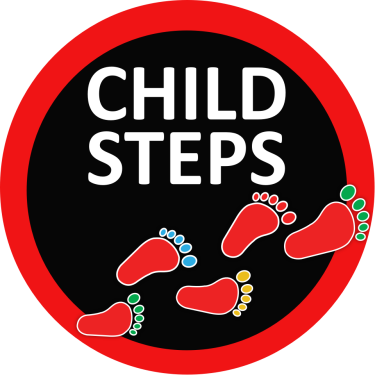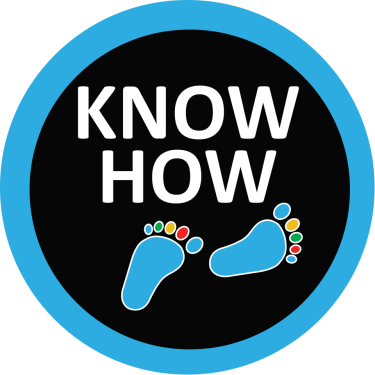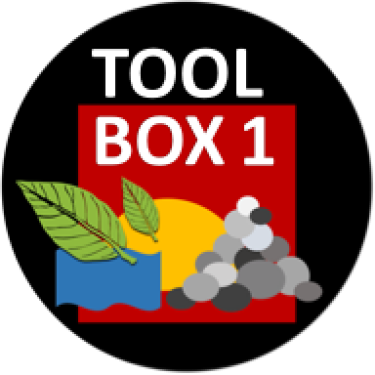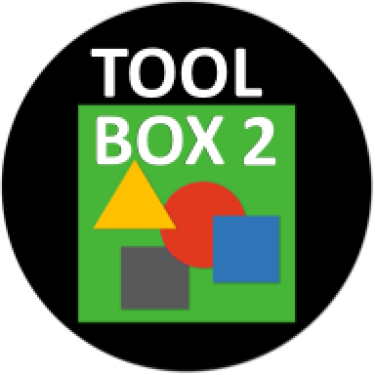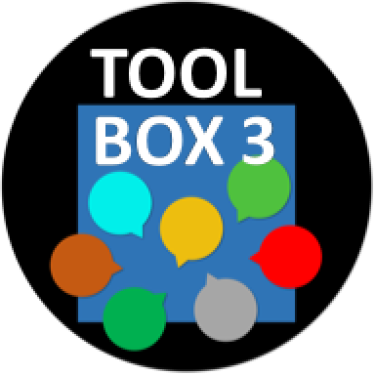Early Learning Kiosk
Over the last years, the Roger Federer Foundation has developed and piloted the Early Learning Kiosk, an offline platform with several tools and apps to capacitate teachers in early childhood education in a comprehensive manner. For a brief overview of the Early Learning Kiosk, watch our video here.
It turned out that this instrument is not only innovative, but also responds equally to urgent needs of teachers and ministries on national and provincial levels. The Early Learning Kiosk was received with great enthusiasm everywhere because of its cost-efficiency and flexible access to knowledge and learning, which allows easy scaling to the huge amount of unqualified teachers. In particular, the app on continuous assessment for child development is highly welcomed on all levels as it facilitates reporting requirements drastically and makes the child analysis accountable and manageable for teachers of different level of qualification.
Problem addressed
Education is in crisis. One reason for that is that a majority of countries on the African continent are still at the beginning of developing an early learning sector of quality. There is enough evidence for the fact that the major leverage of quality education lays with the teacher. But when it comes to early childhood education there are hardly teachers who are qualified. Children spend hours in ECD centres and preschools without really being promoted. The sector is driven by paraprofessionals and volunteers who never had access to know-how and training. As preschool education is drastically underfunded by public budgets as well as by the donor community it will take decades until young children will access quality early learning services all over the continent with disastrous consequences for the further school career.
What is the Early Learning Kiosk?
The Early Learning Kiosk allows teachers regardless of place, time and qualification access to knowledge and learning in order to enhance their capacity. The big majority of the educators had never before access to training. Learning takes place self-guided and decentralised with a stimulating offline tablet supplemented by a manual combined with minimal coaching and learning groups. Our Early Learning Kiosk is a combination of different tools, templates, manuals, tutorials and a course which practically facilitates interactive/collaborative learning in groups centred on school-readiness and the sensitive period of transition, conveying basic knowledge of early childhood education, in particular the methodology of learning through play. This innovation allows the scale of competence of educators in a cost and time-efficient manner. The tablet would allow an undefined number of documents to be uploaded such as policy papers and curricula which normally are not in the hand of educators. The most important apps which we have developed together with local experts are presented in the following chapters. We offer free access to the material also for educators who are not part of our running programme.
Course on early learning (KnowHow)
As many educators, particularly preschool educators are unqualified in early childhood education and financial and/or geographical barriers do not allow the registration in existing trainings, a tablet-based course offers training and content for free and is always accessible. We have transferred a formally accredited six weeks course of early learning into a digital version (find more details on the KnowHow app here or download it at the bottom) for self-guided use containing local learning videos, audio and a storybooks in local languages. The course consists of 10 modules with several units each. Ideally, the registered educators meet weekly to discuss the content of the modules and exchange their experience applying the lessons learned during the week in class. The start-up phases in several countries has proven that this learning approach is highly attractive. All educators who are registered have already completed more than 70% of the modules. It came as a surprise how easily digital non-literate educators were able to handle the tablet.
Continuous assessment for child development (ChildSteps)
Based on existing national curricula and monitoring tools, we have developed a digital Continuous Assessment for Child Development tool as another content of the Early Learning Kiosk for the use on the tablets (find more details on the ChildSteps app here or download it at the bottom). For the first time, teachers can track children’s development in a consistent and user-friendly manner. The start-up phase has shown that teachers use the tool almost daily as it offers practical exercises and activities to assess children in all relevant domains. Thanks to the digital solution it is possible to assess 50 children in five minutes. Teachers were not only motivated to use the tool but further understand the outcome of the monitoring with dashboards. Furthermore, the educators are guided by means of concrete recommendations on how the individual child can be better stimulated to close development gaps. In our first cohort we have only tested the ChildSteps app among preschool teachers and a very small number of pre-primary educators in ECD centres. As the handling seemed to be manageable we plan to introduce the ChildSteps app to all ECD educators in the next round. Data collection can be used for a national analysis and reports for the Sustainable Development Goals what is upon decision of the local authorities.
Toolbox with additional manual and guides
The toolbox is a summary of different manuals and guidelines which add value for the teacher’s practical work. It includes a manual on how to work better with parents and stimulate them to better support their children’s education. A guide on transition sensitizes on the challenging phase of a child transiting from home or an ECD centre into a school. The natural playground app shows how a school can build together with the community a natural playground. A manual helps teachers to produce toys with locally available material. And last but not least a book with local stories in local language is intensively used by the teachers in the lessons. More tools and manuals will come (see more details here or download the tools at the bottom).



